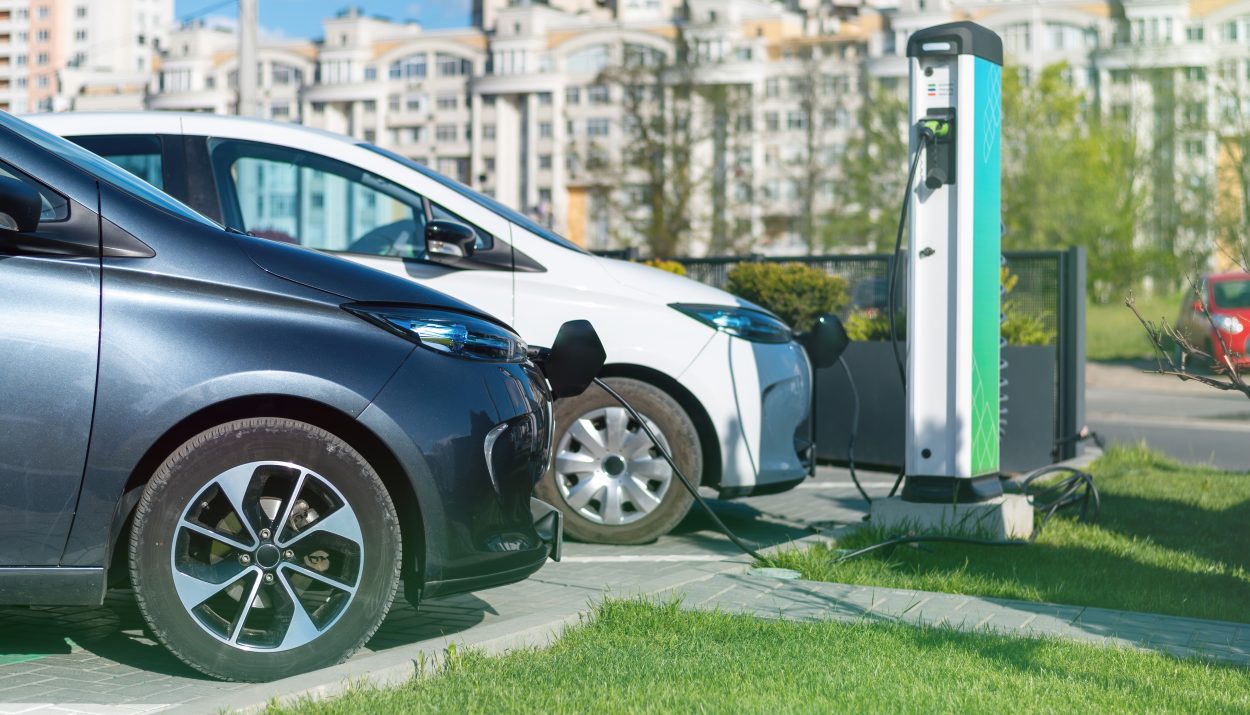While we were all excited about the new year, hoping for the best and writing down our New Year’s resolutions, the Kentucky government was busy strategizing on how to increase taxes on all-electric vehicles.

And beginning January 1, they’ve implemented two new crazy taxes on all-electric vehicles. What’s more crazy is that one of these taxes is significantly higher than what gas vehicles pay for using the same energy units. Come with us as we shed more light on this topic.
Kentucky Has Joined The Trend Of Overtaxing Electric Vehicles
They have decided to tax these eco-friendly vehicles way higher, while gas-powered vehicles maintain comparatively lower tax rates. Have they forgotten that gas vehicles cause way more damage to those driving and even the roads?

Implementing two new taxes on electric vehicles and at the same time keeping gas taxes artificially low is ridiculous.
This Approach Seems Counterproductive
While every state claims to prioritize environmental conservation, public health, and public safety, most of them still hop on a contradictory approach.
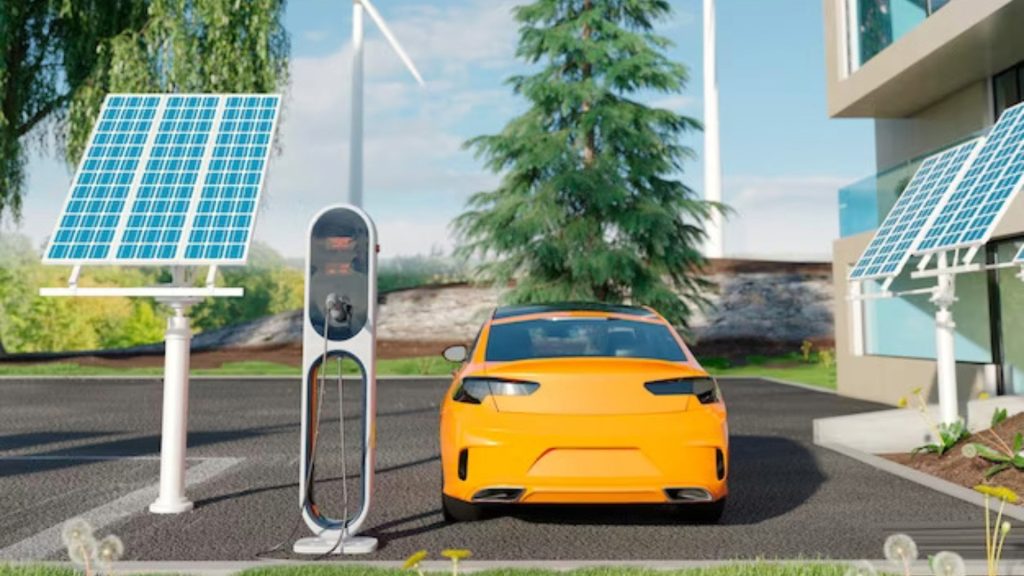
Electric vehicles contribute less to air pollution and environmental degradation, and letting gas vehicles pay less taxes only means one thing, the government has decided to overlook the environmental implications and health considerations of the people.
Electric Car Owners Will Now Pay An Annual Fee
All electric car owners are now being mandated to pay an additional annual registration fee of $120. This compulsory fee is again way higher than the normal registration fees for all vehicles.

Well, this doesn’t apply just to electric cars, this tax will also be added to hybrid cars-cars that use both gas and electricity. Electric motorcycles are not left out. However, both hybrid and electric motorcycles are charged lesser taxes at an annual $60 fee.
Kentucky’s Public Electric Vehicle Charging Stations Will Now Have To Pay 3 Cents Extra
On top of paying a compulsory annual registration fee, public electric vehicle charging stations will have to pay an additional 3 cents per kilowatt hour of electricity distributed.
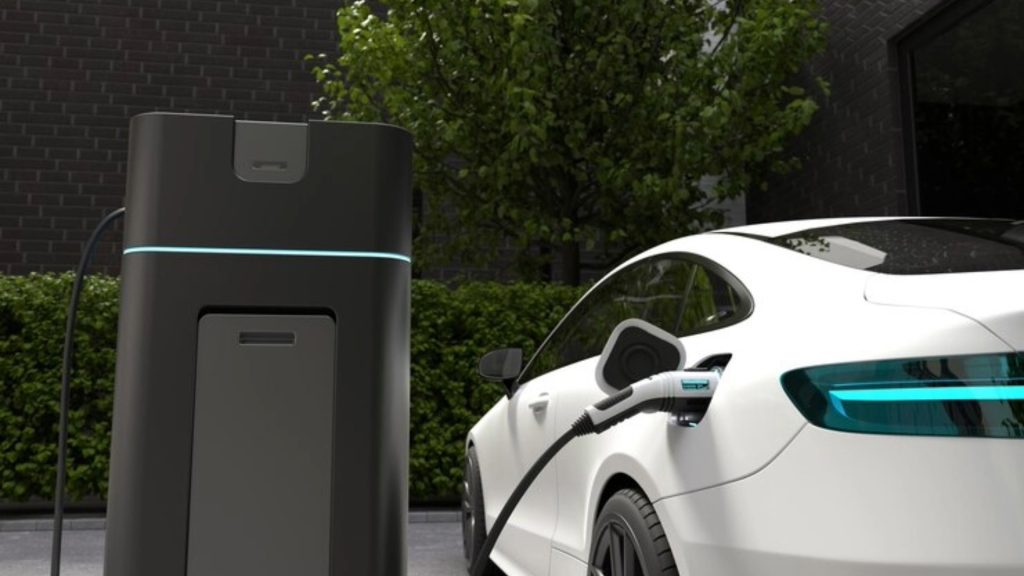
If this stands, that means that electric vehicles will be paying road tax that’s at least four times what those using gas and diesel vehicles pay. So if Kentucky’s gas tax is 28 cents then Electric vehicles will have to pay 99 cents.
There’s An Additional 3 Cents On Those Electric Vehicle Charging Stations On State Properties
There’s also an additional 3-cent charge on every of those chargers that are on state property. These taxes are specifically directed at public charging stations, exempting home charging stations from this charge.

This recent development will mostly affect apartment residents and commuters. This is because apartment residents are more likely to charge on state-owned charging stations and therefore will be taxed.
Home Owners Are Exempted From This Additional Financial Burden
This simply means that these new taxes will favor homeowners more than rentals. Specifically, homeowners charging in their various houses remain exempted from these additional taxes.
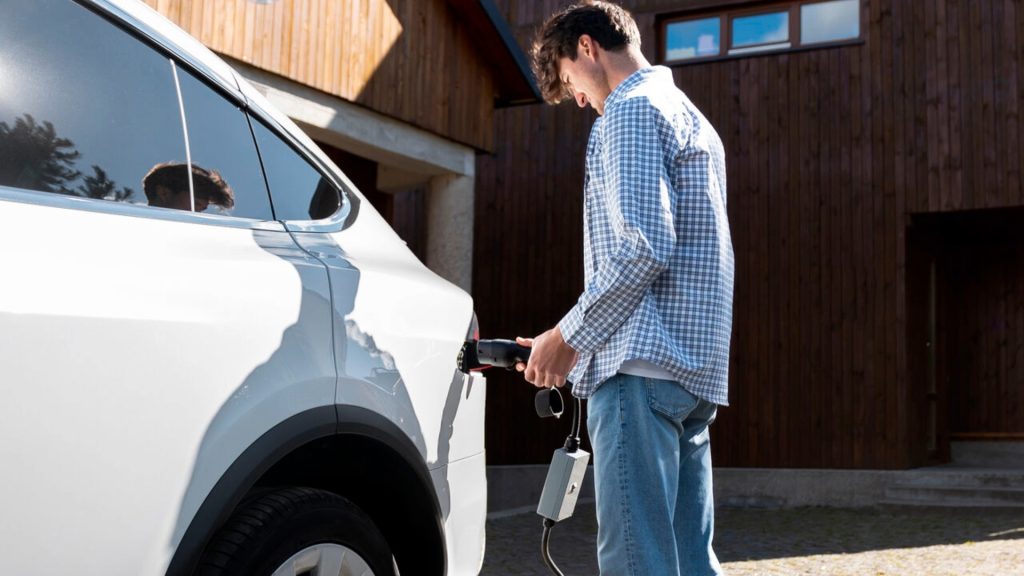
This type of taxation dynamic inadvertently places a heavier financial burden on commuters and apartment residents. It might also unintentionally discourage them from getting an electric vehicle. The taxation system creates an unintentional disparity between the homeowners and the apartment residents.
The Tax System Will Also Affect Businesses
The introduction of this taxation dynamic will not only affect individual users but will also have an impact on businesses that have in the past incentivized employees or customers with complementary electric vehicle charging services.

The new tax structure may compel these businesses to reconsider or discontinue offering these free electric vehicle charging services. This is because of the additional cost each charging session will cost them. And this might potentially affect the overall attractiveness and accessibility of these businesses.
Electric Vehicles Might Become Too Expensive For Apartment Residents
The introduction of these additional taxes may lead to electric vehicles becoming too expensive for those who stay in apartments. These taxes will lead to an overall increase in the cost of EVs which might serve as a deterrent and hinder them from being able to purchase one.

Although electric vehicles might be too expensive for rentals to purchase, it could be a way of cutting costs for those who are homeowners. After all, they are using their chargers on their electric bills with zero taxes applied.
An Electric Vehicle Driver Might Need To Pay Three Taxes
Across every state in Kentucky, they also have a taxation policy for electric vehicle drivers that includes a 6% tax on utility services. Although there’s an exemption for a person’s “primary place of domicile”.

This means that their main residence is exempted from paying this tax. So it’s 100 percent possible that an electric vehicle driver might find themselves potentially subjected to three different taxes depending on where the electricity being used is coming from.
These Electric Vehicle Taxes Were Introduced To Cover Road Repairs
The state has tried to justify the imposition of these crazy taxes based on the need to address the costs of road repairs. It was created as a means to establish an equitable system where all types of cars regardless of what they use contribute to the upkeep of the roads.

Unlike gas-vehicle owners, electric vehicle owners do not pay a gas tax which is the common source of revenue for maintenance and repairs. In reality, the government pays for most of these road repairs while gas-vehicle owners only make a small contribution towards the maintenance cost.
These Diesel Semi-Trucks Are The Major Causes Of Road Damage
Diesel semi-trucks are the actual cause of road damage, not gas or electric vehicles. They are a lot heavier and have a greater load-bearing capacity. When compared to gas and electric vehicles, they have higher chances of contributing to the degradation of the roads.

On an annual basis, the wear and tear caused by an average electric car or gas car is ten times lower than that of a semi-truck. EVs and gas cars are typically designed for personal use and are usually lighter in weight compared to these semi trucks.
Everyone Must Share The Cost Of Maintaining The Roads
The state highway engineer James Ballinger shared his thoughts about the new electric vehicle tax and all he had was “sharing the road also means sharing the cost to maintain them”

It’s clear that with this taxation system, electric vehicle owners will have to pay two times the tax of these gas cars, even when they make little or no damage to the roads and cause the environment zero or no harm at all.
How Does This Taxation System Help Kentucky?
Apart from how these taxes are going to intentionally encourage a superior transportation option over the others, how exactly does it help the people of Kentucky? Or the state as a whole? In the past year, Kentucky recorded the sale of about 7,560 EVs.

Also about $907k from the registration fees. They made a huge sum from the public charging stations. Which is allegedly going towards fixing and maintaining roads.
These Taxes Were Passed Through House Bill 360
These new taxation policies were passed during the 2023 Kentucky General Assembly, through House Bill 360. A copy of the House 360 Bill states

“At the time of the initial registration and each year upon annual vehicle registration and renewal, the country clerk shall collect, as required under KRS 186.050. from the registrants of electronic motorcycles, electric vehicles, and hybrid vehicles the electric vehicle ownership fees”
There Are Over 9000 Electric Vehicles In Kentucky
Reports from the United States Department Of Energy state that 7,560 electric vehicles were sold in Kentucky in 2022.

As of December 2023, Kentucky had witnessed a significant increase in sales of EVs. They reported that they now have more than 9000 Registered EVs.
Kentucky Is Not The First To Implement An EV Tax On Its Residents
Of Course, other states and countries have also tried to implement these crazy taxes on their residents. However, most of them have failed to make it work.
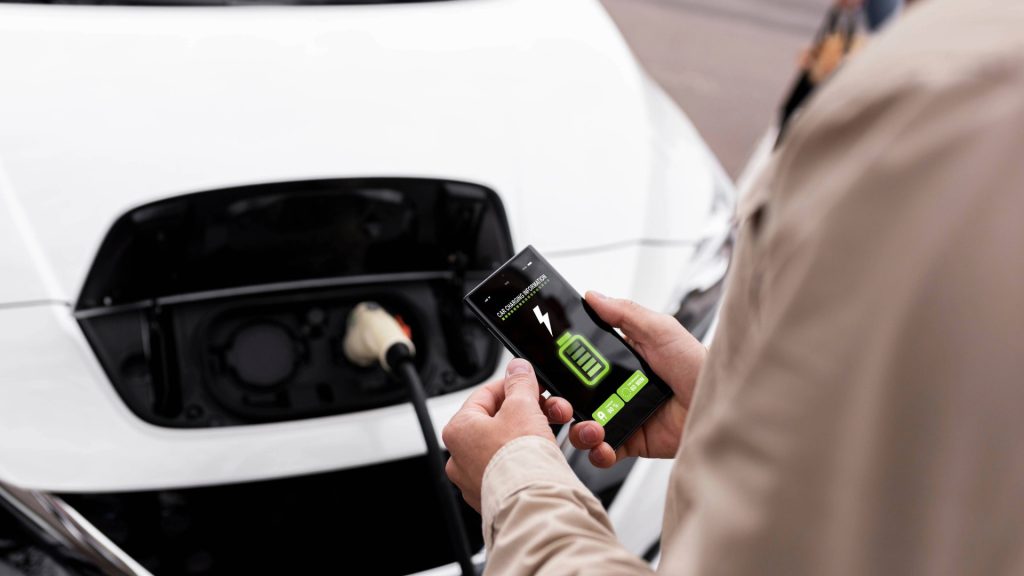
Victoria in Australia at one point implemented a charging fee of about 2.8 cents for every kilometer you travel. However, this was scrapped because the state had no power to implement that kind of change alone.
Kentucky Is The First State To Manufacture Electric Vehicles
This whole taxation system doesn’t make sense for a state like Kentucky which has a history deep in Coal and Electric Vehicles. Disincentivizing EVs isn’t a good look for a state that’s trying to promote itself as a good location for EV production.

As a state with a high asthma rate ranking 10th worst with a low life expectancy, Kentucky should be at the forefront of embracing the totality of electric vehicles.

